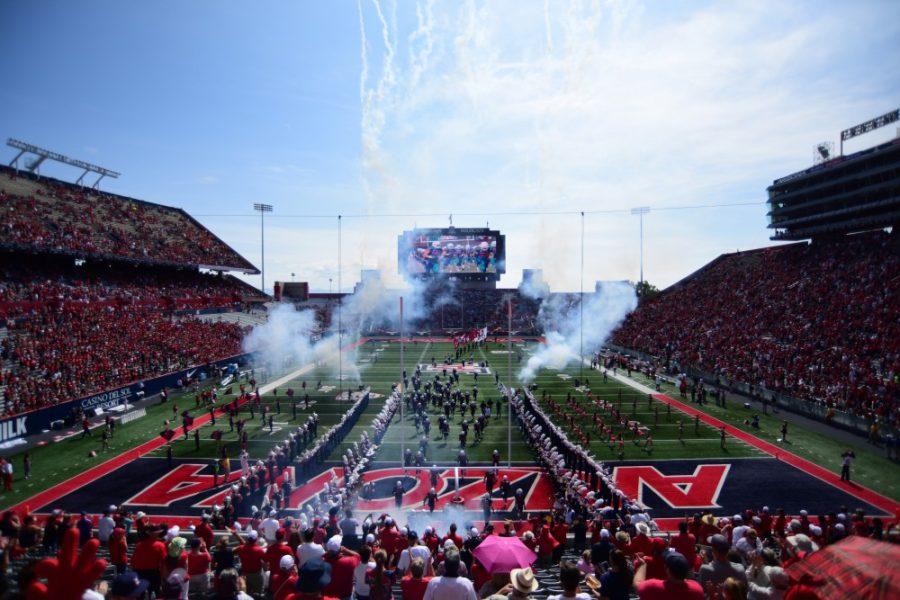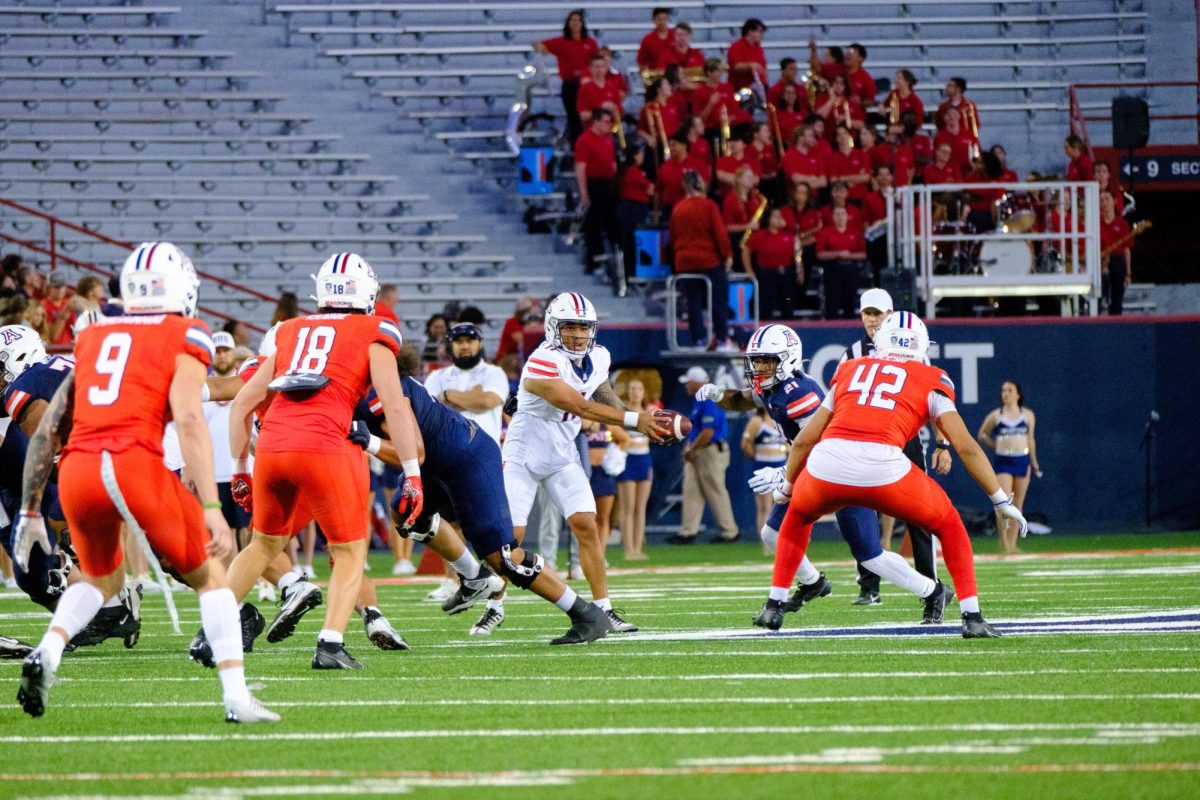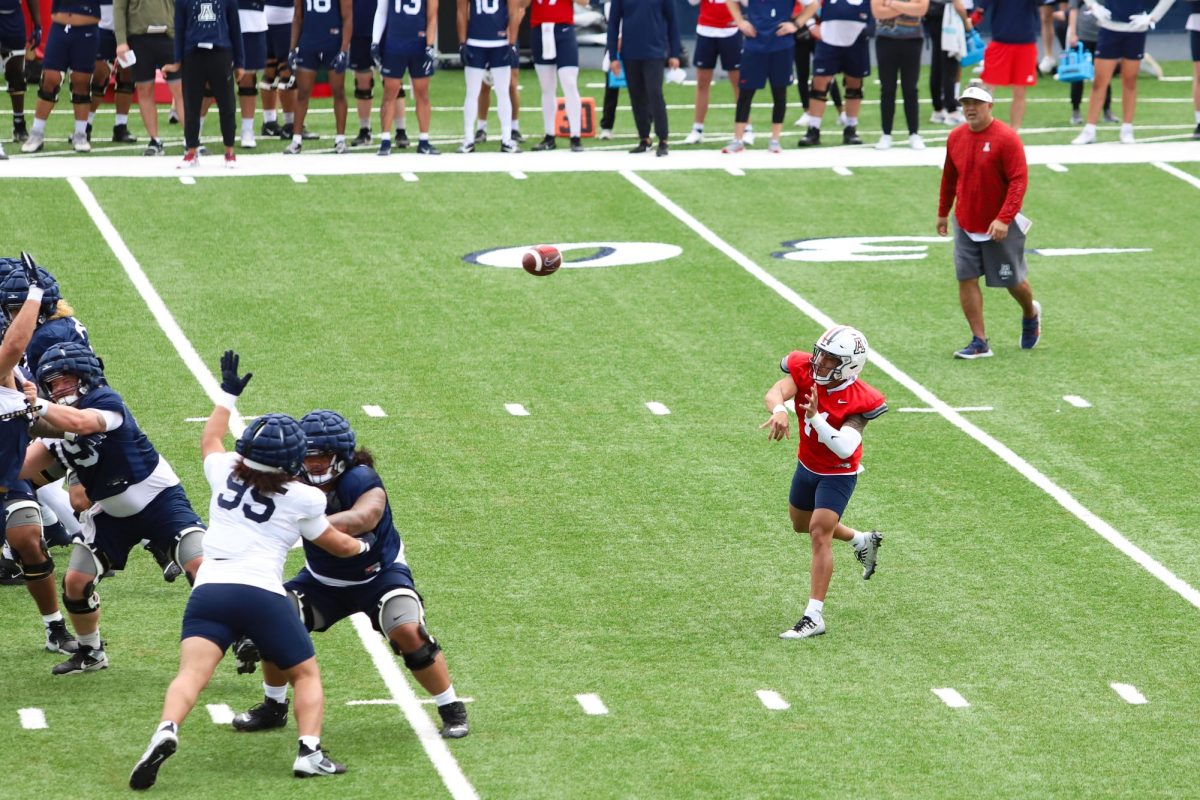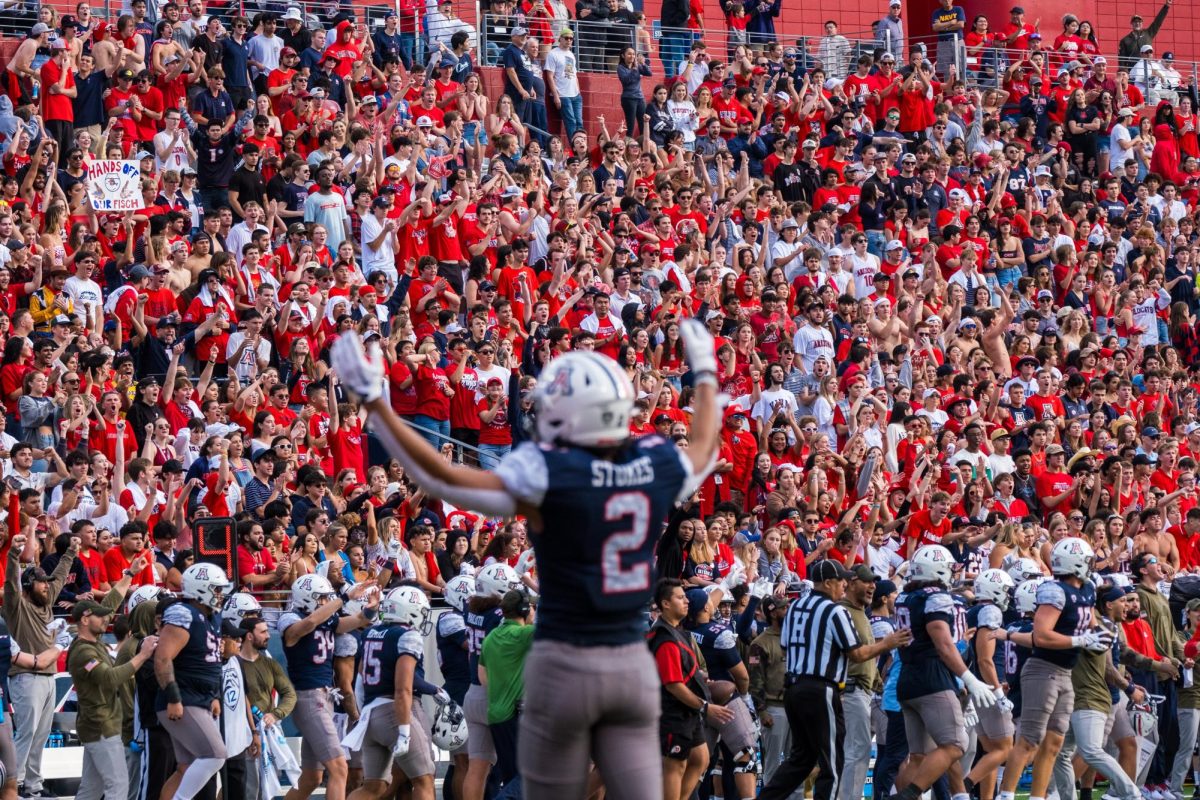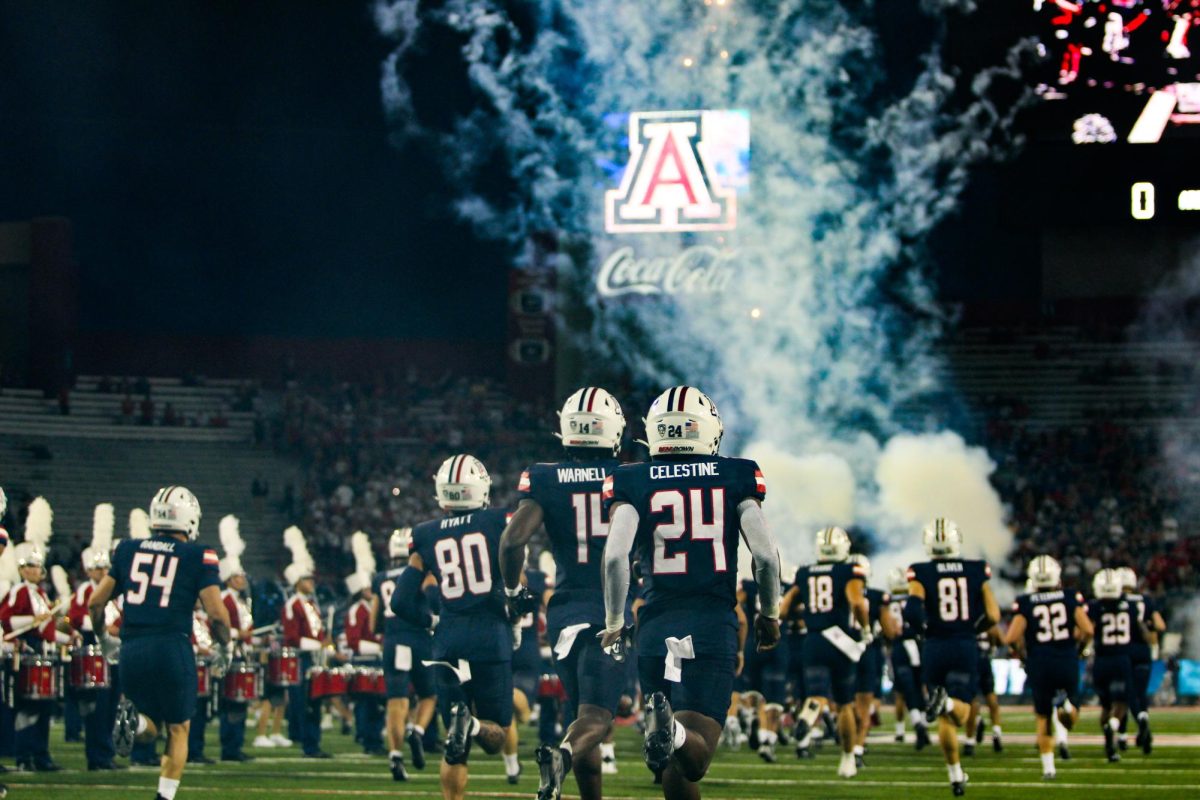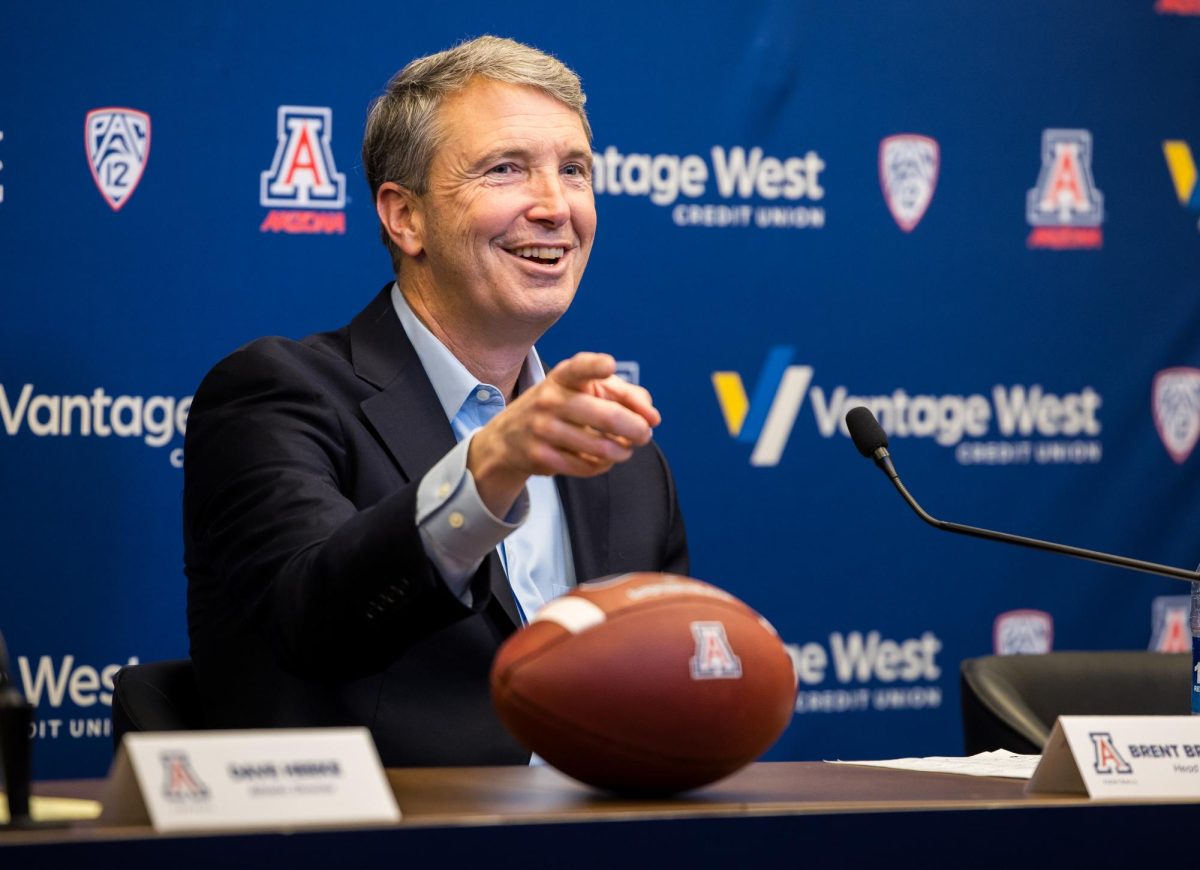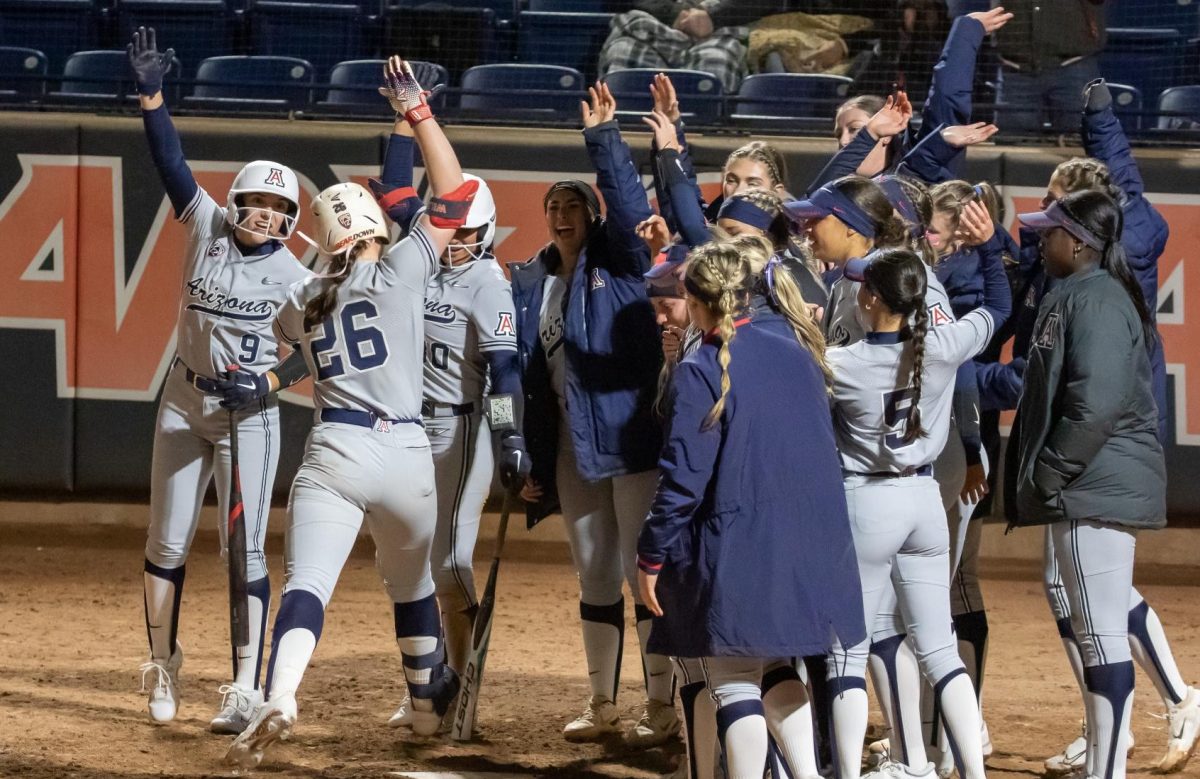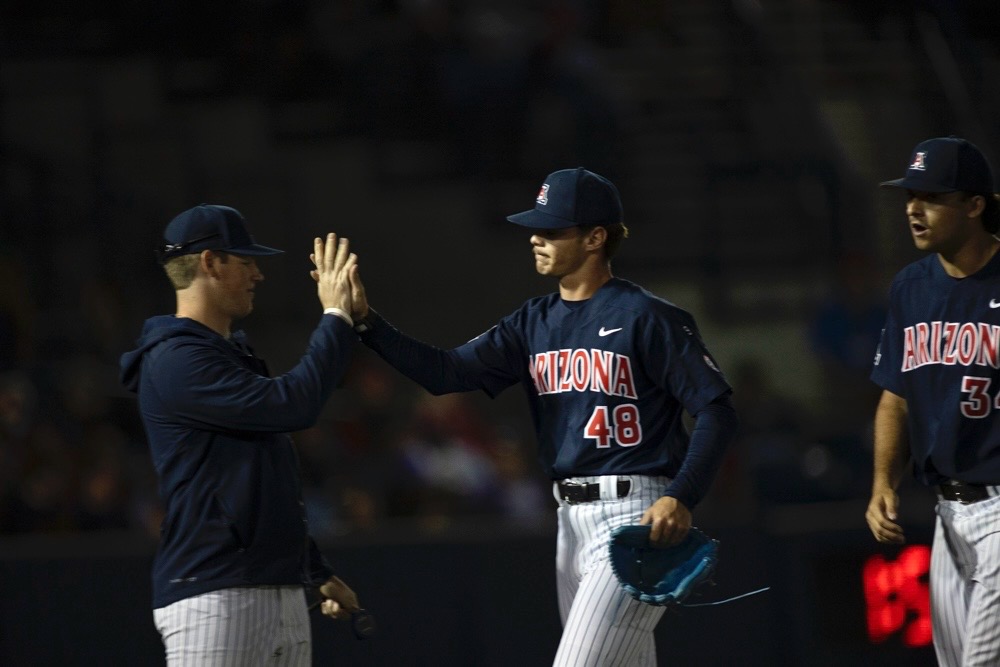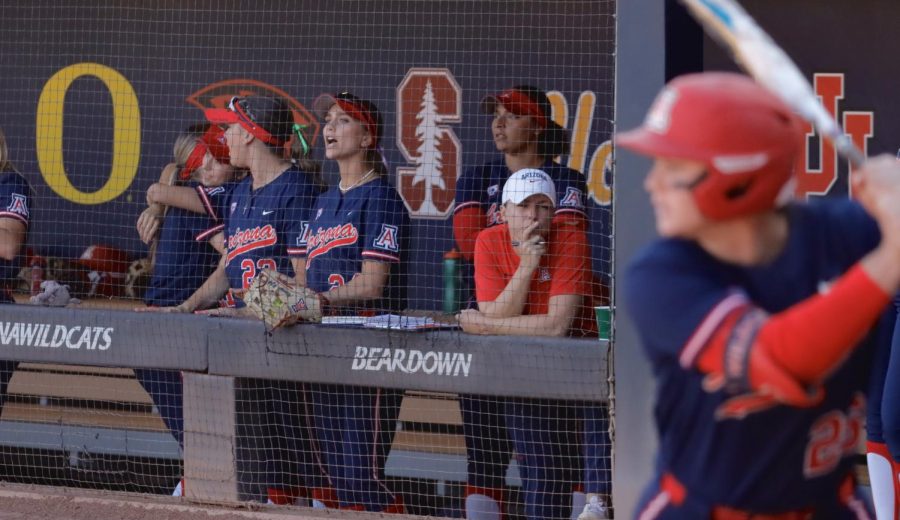Ivan Leonard: ‘Now every conference is playing by the same rules…’
Those who follow college football have likely heard of the satellite camp recruiting method Michigan coach Jim Harbaugh has employed. Last year, Harbaugh went on a tour throughout the southeastern U.S. where he attracted high school athletes to train in his camps.
The camps also served as a prime recruiting opportunity for Harbaugh, who could evaluate talent up close and spread the gospel of Michigan football.
The NCAA has nixed the idea of satellite camps at the discretion of the Southeastern Conference, because it felt threatened by the practice. The NCAA decided it was in the best interest of the game to rid itself of camps where recruits could show out to improve their stock and possibly gain a scholarship.
The SEC’s access to Florida, Texas and Alabama gives the conference an unprecedented advantage and schools from other conferences were trying to combat this. For a small fee, players could join these camps and gain vital recognition and feedback from other Football Bowl Subdivision conference schools. The SEC has a sense of entitlement to recruits in this area and feels the rest of the country is taking its recruits.
Many close to the SEC programs relate this claim to poaching even though recruits do have some say in where they are going.
While the NCAA’s decision to ban satellite camps has been criticized by some, it has very little effect and actually promotes competitive balance. Sure, Harbaugh may be upset, but he is still bringing in a top-five recruiting class, so he is going to be fine.
The SEC already has a rule banning satellite camps outside of a 50-mile radius from campus and the lack of satellite camps does not affect the conference. The University of Alabama has had the top class for the past six years with head coach Nick Saban who doesn’t like the camps.
What difference do these really have for schools? Sure, a player or two may commit or decommit, but now every conference is playing by the same rules on recruiting.
Ryan Kelapire: ‘Banning them altogether is a major disservice…’
The banning of satellite camps certainly does no favor to recruits. The camps provided players from all over the country instruction and evaluation from some of the best coaches and programs in college football.
They allowed recruits to build relationships with coaches and possibly increase their own exposure. This is especially important for under-the-radar recruits. Certain recruits that may have gotten little attention in the traditional recruiting process, were given a chance by the camps to showcase their skills up close for coaches. Oftentimes, this led to a scholarship offer or two, which these recruits would not have gotten otherwise.
In fact, many current college football players have come forward since the NCAA’s decision to make it known that they wouldn’t be in the position that they are in if it weren’t for the satellite camps allowing them to audition for coaches.
Simply put, the satellite camps can create opportunities for recruits, and the most important part is that the recruits don’t have to travel very far to these camps. That makes it possible for recruits from lower-income families to attend without spending hundreds or thousands of dollars on travel expenses.
However, while the satellite camps were undoubtedly helpful for the recruits themselves, it’s easy to argue that they hurt the competition in college football. Usually, the larger schools with more resources, like Michigan for example, were able to hold several of these camps all over the country. This gave them more access to recruits than other schools, naturally giving them a major advantage in recruiting on top of the advantages they already have—facilities, financial resources and so on. Essentially, it could allow the elite schools to dominant recruiting even more, creating an even more unfair playing field.
Still, that reason alone shouldn’t lead to a ban of satellite camps. Perhaps limiting the amount each school could have or attend would be a better solution to level the playing field. Banning them altogether is a major disservice to the high school recruits since it could possibly take away or prevent them from receiving an opportunity that they wouldn’t have normally gotten. And that’s what should be most important here: the student-athletes having the best chance and the most opportunities to reach their potential.
Follow Daily Wildcat Sports on Twitter



